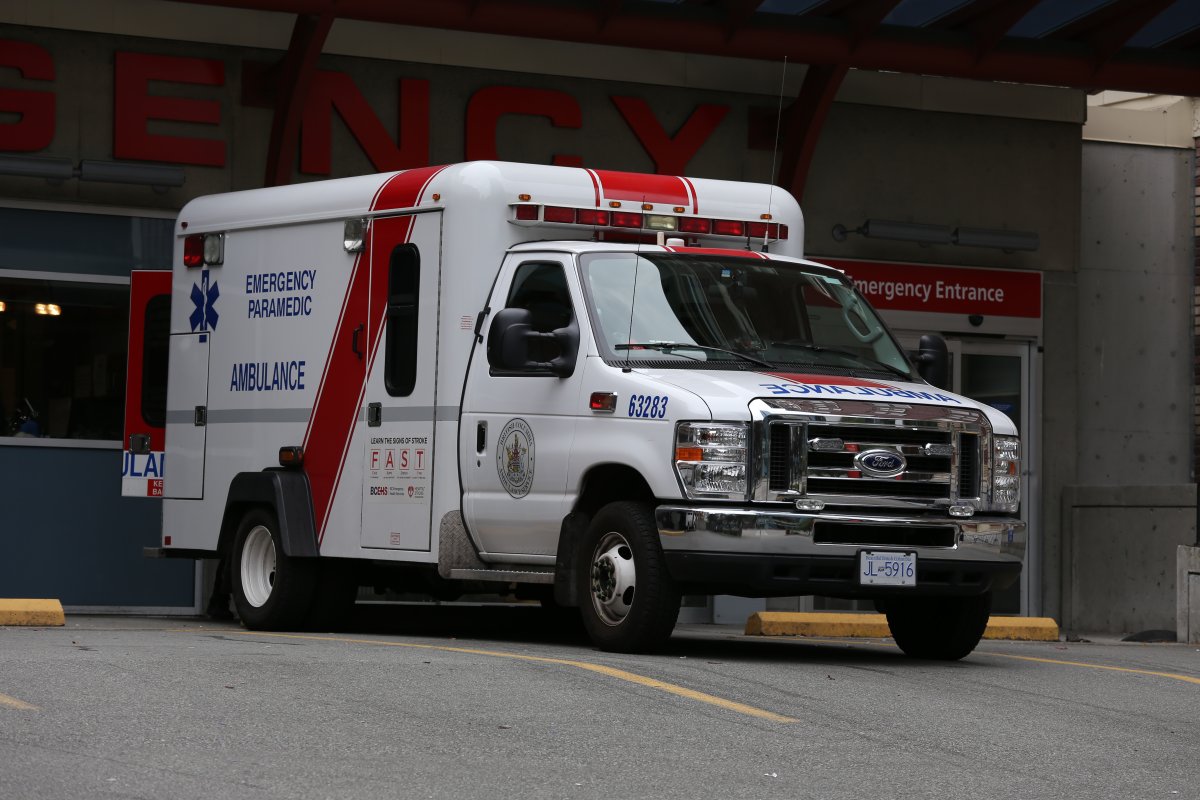A memo from Port Coquitlam’s fire chief to city staff suggesting they ask for firefighters during 911 emergency medical calls is stirring controversy.

The memo, dated March 19, cites “a slow response time by the BC Ambulance Service” and said staff making emergency medical calls in and around civic facilities can ask directly for firefighters to respond.
WATCH: New B.C. 911 protocol has some patients waiting longer

“This memo is intended to give city staff direction on how to respond to medical emergencies,” it said.
“The 911 operator will ask if you want police, fire or ambulance, respond ‘FIRE,’ do not reply with any details until you are transferred to fire dispatch,” it added.
“Although you have phoned fire directly, your request will also be automatically sent to BC Ambulance simultaneously, so there will be no delay with the ambulance attending.”


Get daily National news
Port Coquitlam Fire Chief Nick Delmonico said the memo came in response to protocol changes with BC Emergency Health Services (BCEHS) that mean firefighters aren’t tasked to some calls, and said ambulances are taking too long.
“We were getting really long delays in our facilities to response for relatively high-level medical calls,” he said.
READ MORE: B.C. air ambulances armed with night vision technology
“We had a number of injuries that took 25 to 30 minutes for an ambulance to come and we were concerned about both the staff and the public in civic facilities.”
Delmonico said staff are not being ordered to call firefighters, but given the option — and said both paramedics and firefighters will still respond.

“It’s not bypassing them,” he said. “So there’s no delay in BC Ambulance coming, it’s just that there’s going to have a fire resource on scene.”
Global News has requested comment from BCEHS.
But the Ambulance Paramedics of B.C. union called the memo “inappropriate,” and said that by going directly to fire dispatch, calls would not be properly triaged based on urgency.
“Insisting on talking to the fire department before the emergency medical call taker when you are dealing with a medical emergency, that means that the pertinent questions are not going to get asked, and it will mean too many resources are sent to some patients while it means that other patients are not going to get resources and medical help that they need,” said union president Cameron Eby.
“What it will mean is that paramedics are delayed in getting to these patients and that ultimately puts people at risk.”
WATCH: Paramedics’ union raising concerns over B.C. staffing levels

Eby said medical dispatchers are also specially trained to provide life-saving direction over the phone, such as how to do CPR or treat someone who is choking.
He acknowledged that the union itself has said service levels are suffering due to staffing shortages, but said lack of resources makes triaging calls more important.
In a statement, the City of Port Coquitlam said the memo was sent out of concern about ambulance response times, and about staff having to deal with patients’ medical needs during delays.
The city said that calls to fire dispatch “are managed in the same way by BC Ambulance as if Fire Services was not requested,” and that its primary concern is “to ensure the safety of our employees and that all citizens using city facilities are provided a prompt response and the highest quality of care.”
In a statement, Barb Fitzsimmons, chief operating officer of BC Emergency Health Services (BCEHS) said the organization will reach out to Port Coquitlam to ensure the “best advice is given when it comes to calling 911 for medical emergencies.”
“BCEHS wants to ensure people get the fastest, safest response for their medical emergencies and we are concerned about any delay in the process.”
The statement went on to say that call-takers are the “first link in the chain of survival.”
“While resources are on the way, call-takers can provide lifesaving instructions to the caller,” it said. “These instructions are especially important in cases where bystander CPR is needed for a cardiac arrest.”
Call-takers, Fitzsimmons said, are on the phone at the same time that dispatchers are assigning paramedics and firefighters as required.
“We appreciate our partnership with fire departments and together we are saving lives with a system that is designed to get the fastest response to the most critical patients first,” she said.








Comments